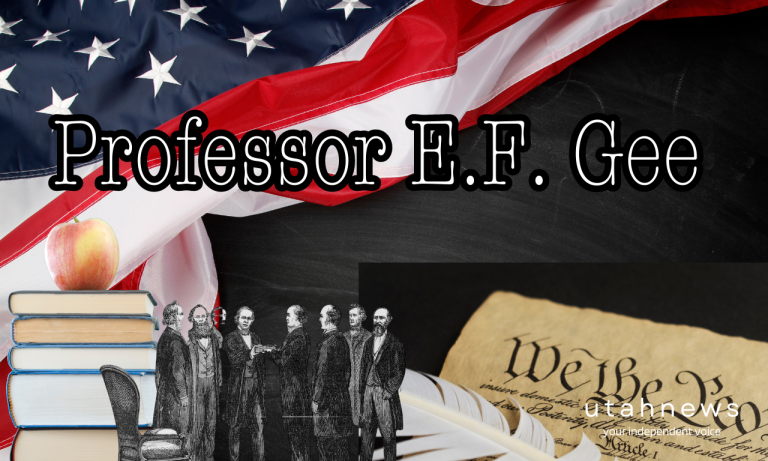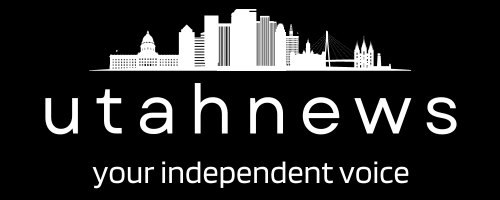
The Big 5 of the First Amendment
The First Amendment to the Constitution usually brings to mind freedom of speech. The Founding Fathers rightly prioritized this one because all other freedoms rely on being able to freely express our opinions to each other and to the government.
It may have escaped our notice that the Founders considered four other rights important enough to include in the First Amendment.
Amendment I
Passed by Congress September 25, 1789. Ratified December 15, 1791.
Congress shall make no law respecting an establishment of religion, or prohibiting the free exercise thereof; or abridging the freedom of speech, or of the press; or the right of the people peaceably to assemble, and to petition the Government for a redress of grievances.
During the pandemic, Congress made no law that kept us from going to church. Congress made no law that kept people from assembling peaceably in private homes. As far as we know, Congress made no law that abridged freedom of speech through censorship, cancel-culture, shadow banning, or labeling someone as a right wing conspiracy theorist.
Could someone else have made such laws?
No. Right up front in Article I of The Constitution, we read that “All legislative Powers herein granted shall be vested in a Congress of the United States, which shall consist of a Senate and House of Representatives.”
If the Senate and the House didn’t make a law, is it valid?
Wherever the people are well informed they can be trusted with their own government; that whenever things get so far wrong as to attract their notice, they may be relied on to set them to rights.
Thomas Jefferson
